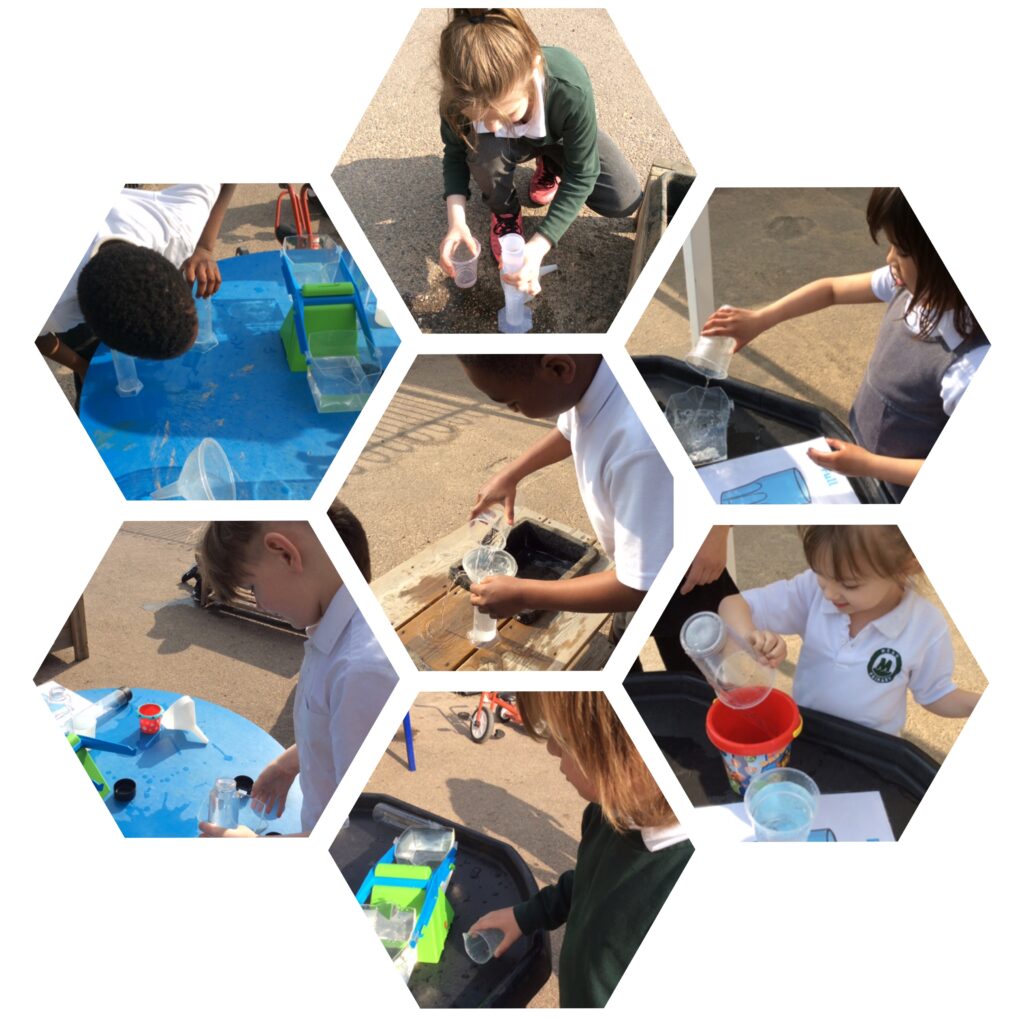At Mead Primary School, the intent is to enable all children to have access to a high quality maths curriculum that incorporates sustained levels of challenge, progression and pace. We strive to make maths fun, engaging and interesting for all children and for learning to have a purpose. We allow our pupils time for exploration, practice and application as we want our children to be able to apply the key skills of learning in a variety of practical concepts to give meaning to maths using real-life opportunities. We endeavour to provide this by creating as many purposeful maths opportunities within the classroom and within the wider environment

Knowledge:
In Maths, our curriculum inspires children to be able to understand the world; have the ability to reason mathematically by explaining, justifying and proving their thoughts and calculations. We believe in providing a curriculum with opportunities for pupils to develop a deep and conceptual understanding of topics. Pupils with a depth of understanding within a particular subject are able to represent concepts in a multitude of ways and can communicate it using technical and subject-specific vocabulary with confidence.
Skills:
Children will develop skills in problem-solving, arithmetic, reasoning and the ability to build mental images of problem-solving scenarios through a range of strategies. We encourage resilience and perseverance, promoting a learning environment whereby it is accepted that challenge is a necessary step in learning. We teach our children that making mistakes is an important part of learning and it leads to a better understanding.
Enrichment:
We promote times table practice through the Rockstar’s programme and weekly challenges and tasks through Mathletics, our participation in experience days and our school environment are all key to nurture our children’s skills in arithmetic and reasoning.
White Rose Maths
Teachers use White Rose Maths schemes of learning as a starting point when planning for the teaching and learning of mathematics. The objectives in each block are broken down into a series of carefully planned small steps. Each unit of learning comprises of three sections: Mathematical Talk, Varied Fluency and Reasoning and Problem Solving.
- Mathematical Talk provides opportunities for pupils to unpick the structure of the maths and deepen understanding. When pupils talk about maths concepts, they develop the vital mathematical language that helps them explain their ideas.
- The Varied Fluency element uses a range of methods, concrete, pictorial and abstract, to demonstrate and model mathematical concepts.
- As highlighted in the National Curriculum, all pupils must be able to access Reasoning and Problem Solving. Therefore we provide the support needed for every child to reason and problem solve by challenging pupils with closed and open problems and tasks.
